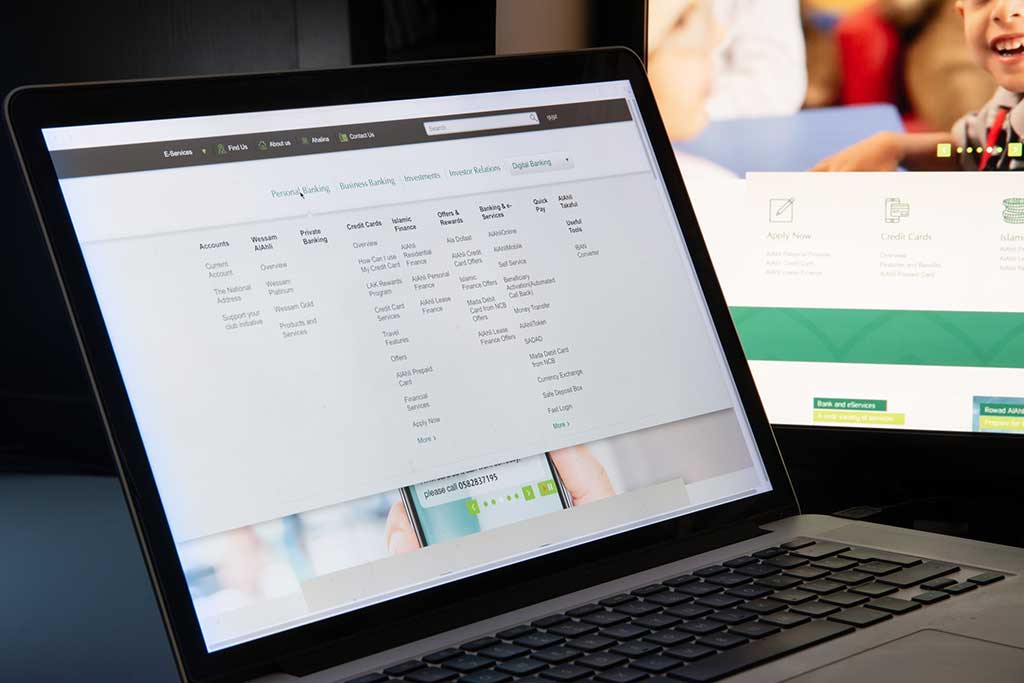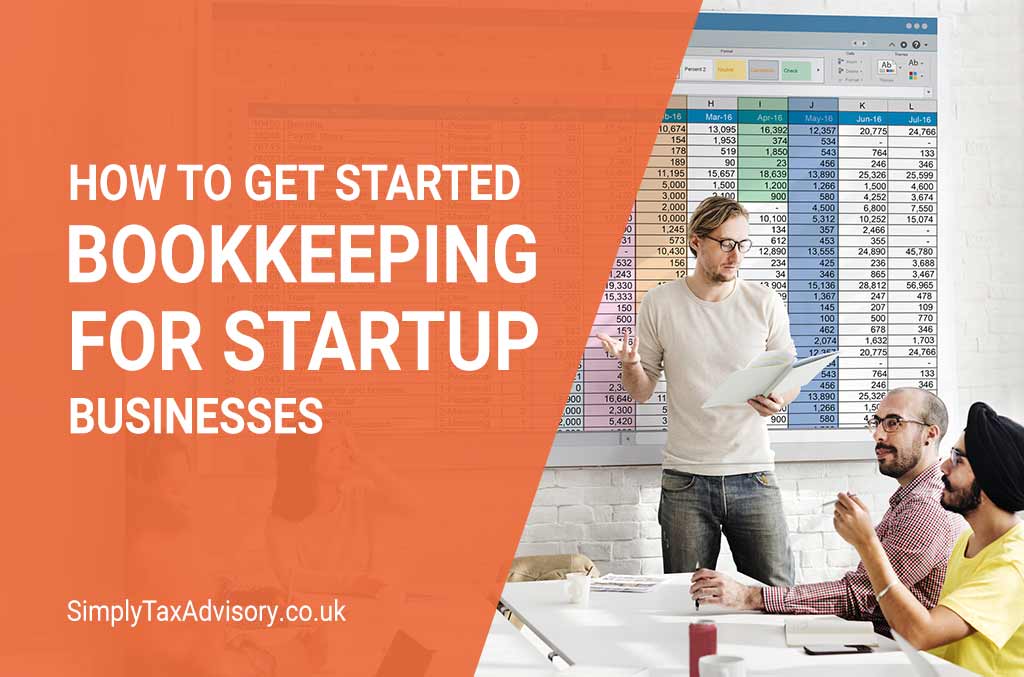The Simple Way to Start Bookkeeping for Startup Businesses
It is during the startup phase that a business can find its purpose but also finds itself in a number of predicaments. One of the biggest problems startup businesses find relates to their accounting and bookkeeping.
Bookkeeping for startup businesses is crucial because in order to maintain accurate financial records you need to have a sturdy accounting system including bookkeeping methods that allow you to keep every financial transaction organised.
This is crucial as your business becomes more and more complex.
With this in mind, what are the best tips when bookkeeping for startup businesses and how can you implement them effectively?
Know the Difference Between Accounting and Bookkeeping
This is the first thing to take note of. While bookkeeping and accounting are two sides to the same coin, there are distinct differences. Accounting involves using business financial records to analyse the health of the company and make recommendations to go forward.
Bookkeeping involves keeping track of business expenses on a daily basis, such as maintaining records. Bookkeepers have a number of responsibilities including recording and collecting invoices for some clients, paying suppliers, reconciling bank accounts, and much more.
For example, if you receive a bill, it is the responsibility of the bookkeeper to make sure that it is paid.
Ensuring Your Bookkeeping Practices Are Solid
When it comes to bookkeeping for startups, there are some crucial components to keep in mind:
Record Transactions as They Occur
This is one of the fundamental aspects of bookkeeping. Ensuring you record transactions as they occur is one of the best ways for you to minimise your workload.
Recording transactions in real-time means that you can keep notes of all incomings and outgoings at any one time. It doesn’t have to be an exact science per se, but it’s important when you are in a situation where a client doesn’t pay up or you have a very small window to arrange payments.
When you know exactly how much money a business has in its accounts, you are able to plan better.
If you do not record transactions as they are, you’re opening yourself up to various errors, and this could mean shoddy bookkeeping in the long run, and having inaccurate records of your finances, meaning that you could potentially be overspending when you don’t have as much money as you think you do.
Additionally, making sure that you record transactions as they occur means you won’t have to dedicate as much time to catch up on your admin.

Plan Ahead for Big Expenses
When you are making significant investments in your company, whether this is through new technology or a new part of the business, planning ahead for these big expenses will make a massive difference to the quality of your bookkeeping. When we are attempting to keep track of our expenses, the most important thing to have is a separate savings account for the business.
One of the common mistakes businesses make is thinking that they need just one account for everything, but in order to make life easier, a savings account is another separate entity that allows you to plan ahead for major expenses, so you can see exactly how much is in your savings account, and if you can afford it.
Keep Track of Every Single Expense
It sounds obvious, but every single expense, no matter how insignificant it seems, needs to go on a ledger. When we keep track of every single expense, it’s going to help us plan and prepare for every major expense, and help us to understand where we are at any one time.
Recording every itemised expense doesn’t just mean you are conducting efficient bookkeeping services, but any little expense could be beneficial to you in the long run, especially when it comes to claiming back expenses through an accountant.
Being Organised With Your Invoices
In other words, don’t let them go unpaid! It’s so easy for invoices to slowly go to the bottom of the pile, and if you let invoices slip your mind, this is going to come back to bite you eventually.
All bookkeeping means prioritising invoices in order of the due date and paying them promptly. When in doubt, always make sure that you are paying your invoice on time.
If you leave numerous invoices unpaid for long periods of time, it’s not just going to result in a huge amount leaving the account at the same time, but it will also reflect poorly on your startup because you become known as “the client that pays late.”
As you can see, to get started with bookkeeping for startup businesses, you have to be organised. It can be difficult to get all this done, this is where you can allow a third party to do the accounting or automate the bookkeeping practices. But as a way to get started, these simple practices can work wonders.

About the Author
Claudio Alegria is the Chief Operating Officer at Simply Tax Advisory, providing tailored tax returns, payroll, bookkeeping and VAT services to small businesses, individuals and startups.





